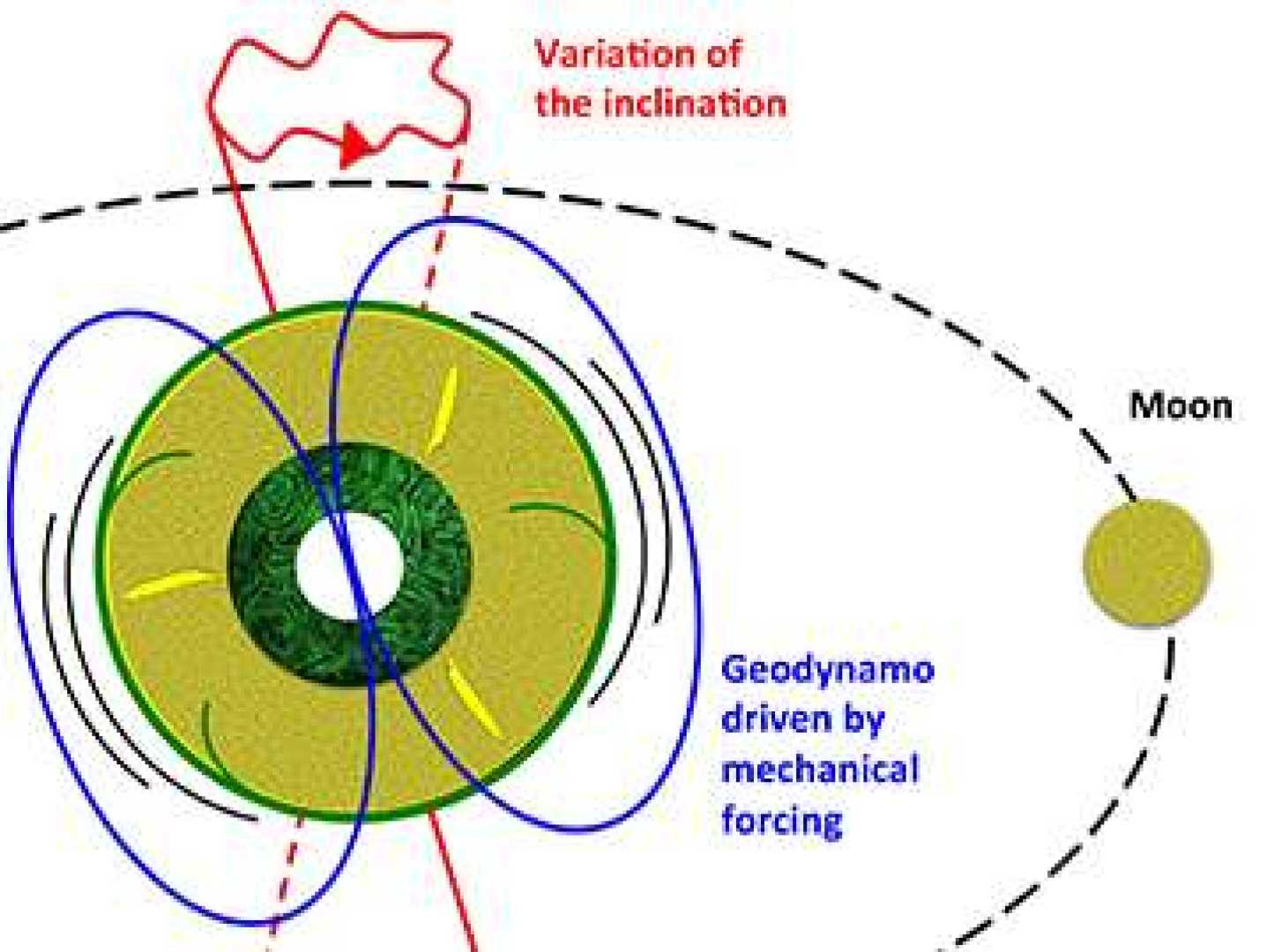News
Earth’s Rotation Accelerates, Days to Get Shorter

WASHINGTON, D.C. — Scientists predict that Earth‘s rotation will speed up in the coming weeks, causing some days to be shorter than the standard 24 hours. On July 9, July 22, and August 5, the moon’s position is expected to influence Earth’s rotation significantly.
Each of these days could be between 1.3 and 1.51 milliseconds shorter than usual. A typical day on Earth lasts approximately 86,400 seconds, and while this difference may seem minimal on a personal level, it has implications for global timekeeping systems.
Earth’s rotation can change due to factors like the gravitational pull of the moon and sun, shifts in the planet’s magnetic field, and the distribution of mass on Earth. Historically, Earth’s rotation has slowed down, lengthening days over billions of years, partly due to the moon moving away from the planet.
However, scientists noted surprising speeds in Earth’s rotation over recent years. In 2020, researchers recorded some of the shortest days in history, with the quickening trend continuing. If this acceleration persists, global timekeepers may need to consider subtracting a leap second by the year 2029—a significant change given that leap seconds have always been added to align atomic clocks with Earth’s rotation.
Experts, including researchers from the International Earth Rotation and Reference Systems Service (IERS), are monitoring the situation closely. They highlight that the variations in rotation can be caused by several factors, including seismic activity, melting ice caps, and even atmospheric pressures, which can alter the planet’s mass distribution.
Leonid Zotov from Moscow State University expresses concern about the accelerating spin, stating, “Nobody expected this.” He co-authored a study investigating the phenomenon but acknowledged the lack of a comprehensive model to fully explain it.
Although the potential need to adjust timekeeping systems raises questions, the change in the length of a day will not affect daily life for most individuals. Typically, even small variations like these are not perceptible to the human eye or brain.
As scientists investigate further, the focus remains on understanding the balance between Earth’s natural rhythms and human-set time. While no immediate disruptions to daily life are expected, this phenomenon serves as a reminder of the complexities of time and its ties to our planet’s dynamics.












